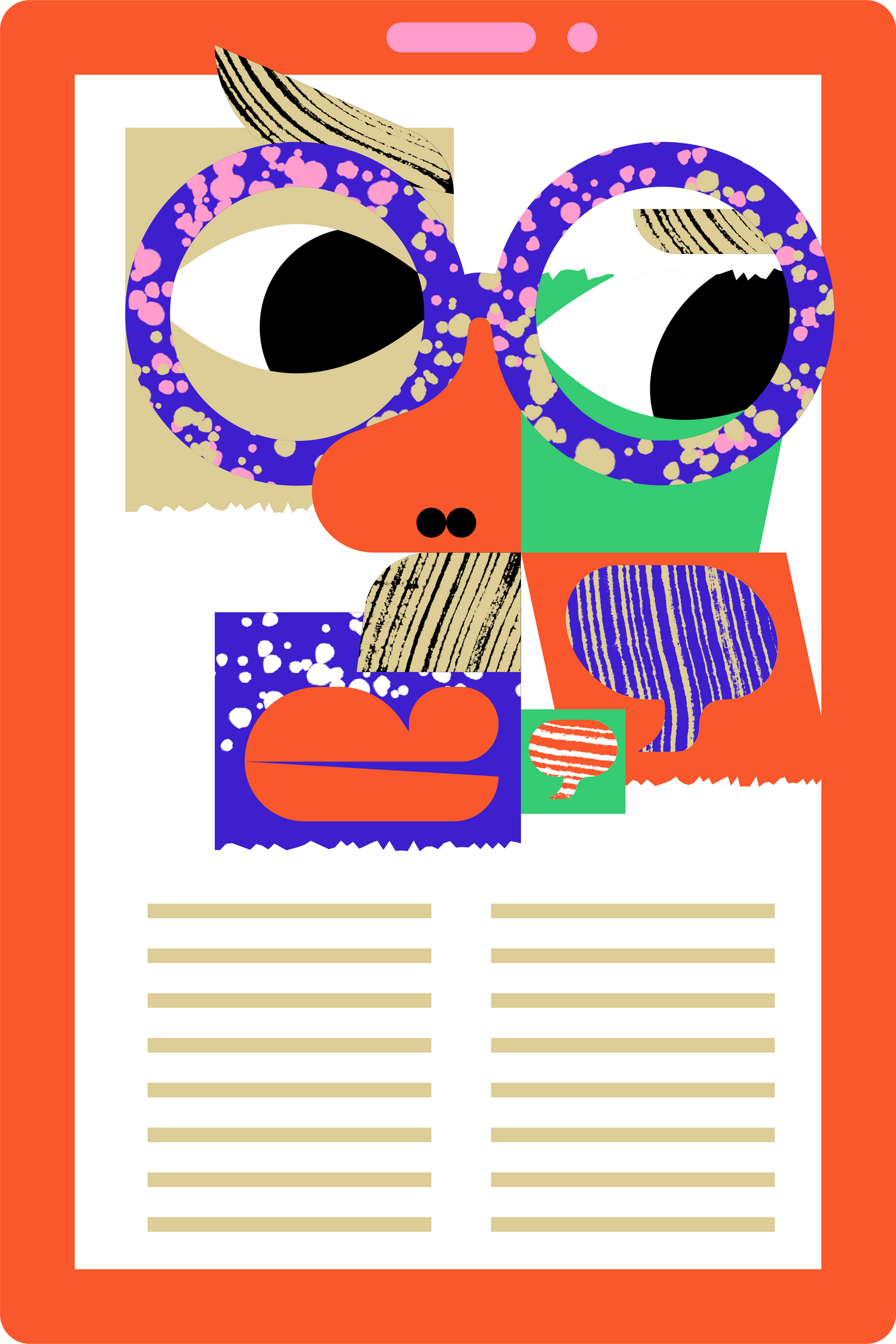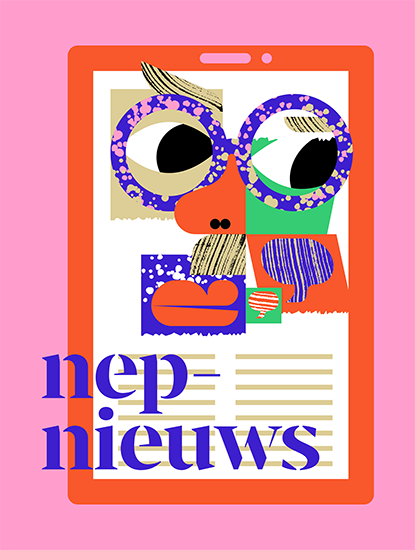What is fake news?
The term ‘fake news’ is commonly used to designate any form of incorrect information that is aimed at misleading people for political reasons (eg. winning votes) or commercial ones (eg. making money through false advertisement). Fake news is a sort of umbrella term, because in reality there is plenty of misleading information on the internet that doesn’t classify as ‘news’. That’s why scientists and experts prefer the term ‘disinformation’.
-
Fake news vs. disinformation
How does fake news differ from disinformation? And what are 5 typical features of fake news? Find the answers here.
-
9 types of misleading information
What other types of misleading information exist besides fake news? Discover 9 types of information to be wary about.





